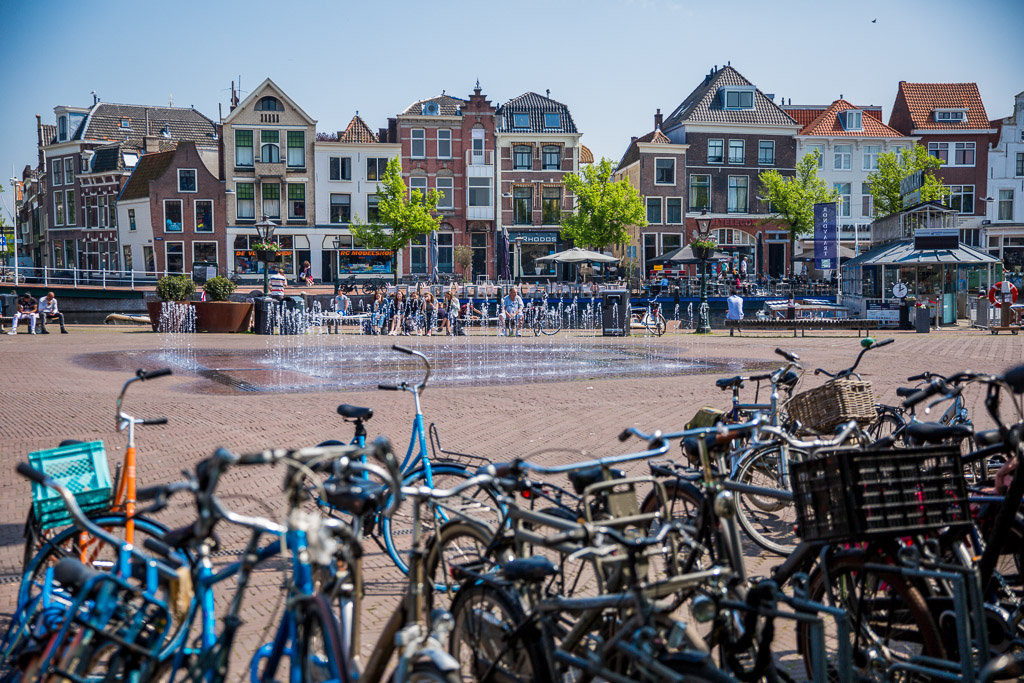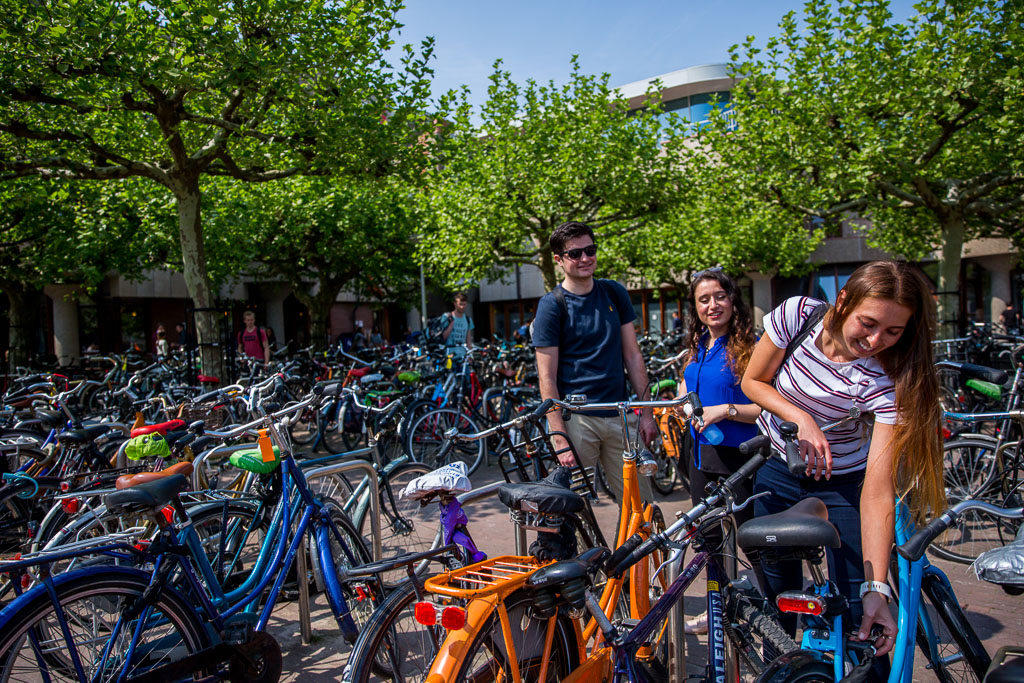
The Circular City: Towards a Sustainable Urban Ecosystem
Short or summer course

In this three-week summer programme, students are taught how to leverage the potential of cities via a new paradigm for urban planning and design: urban metabolism. While this concept has been around for over 50 years, recent interest in it has rejuvenated the fields of urban studies, industrial ecology, and architecture. Urban metabolism can be defined as the sum total of the technical and socio-economic processes that occur in cities, resulting in growth, and production of energy, materials, and waste. The city is viewed by its ‘material flows’, generally defined into water, energy, materials (including food), and waste. These flows consist of inputs (local, regional, and global inflow of resources), throughputs (energy required to transform these resources and waste produced by any process), and outputs (the material outcome of this process). This interdisciplinary course unravels the complexity behind truly sustainable urban development. Through the use of different tools, scientific methods and analysis, students will experience experimental urban design both theoretically, and gain an introduction to innovative tools and methods, able to apply their knowledge learned in a wide variety of settings. Early admission deadline: 1 February 2025. Final admission deadline: 15 March 2025. Applications are processed throughout the year on a rolling basis.
Ready to apply?
Visit course websiteLanguage
English
Title
-
Duration
19 days
ECTS credits
ECTS
The European Credit Transfer and Accumulation System (ECTS) is a student-centred system based on the student workload required to achieve the objectives of a programme of study. Its aim is to facilitate the recognition of study periods undertaken by mobile students through the transfer of credits. The ECTS is based on the principle that 60 credits are equivalent to the workload of full-time student during one academic year.
Accreditation
Information not available
Tuition fee
Information not available
Admission
Application requirements
Information not availableCheck when you can start and what you have to pay!
| Tuition fees | |
|---|---|
EU/EEAThe EU/EEA rate is the regular fee for students from within the EU/EEA. |
Information not available |
Non-EU/EEAThe non-EU/EEA rate is the rate for students from outside the EU/EEA. |
Information not available |
InstitutionalThe institutional rate is for all students who have already obtained a bachelor’s or master’s degree and who want to start a second programme leading to a degree at the same level or at a lower level. |
Information not available |
| Start date | App. deadline EU/EEA | App. deadline Non-EU/EEA |
|---|---|---|
| 20 Jul '25 | 15 Mar '25 | 15 Mar '25 |
Scholarships
You can check if you're eligible for scholarships that apply to this course.
MENA Scholarship Programme (MSP)
The MENA Scholarship Programme (MSP) offers scholarships to professionals for short courses in the Netherlands.
Contact
Main addressGebouw E, Roetersstraat 11
1018 WB Amsterdam
020-525 1401
Ready to apply?
Visit course website
